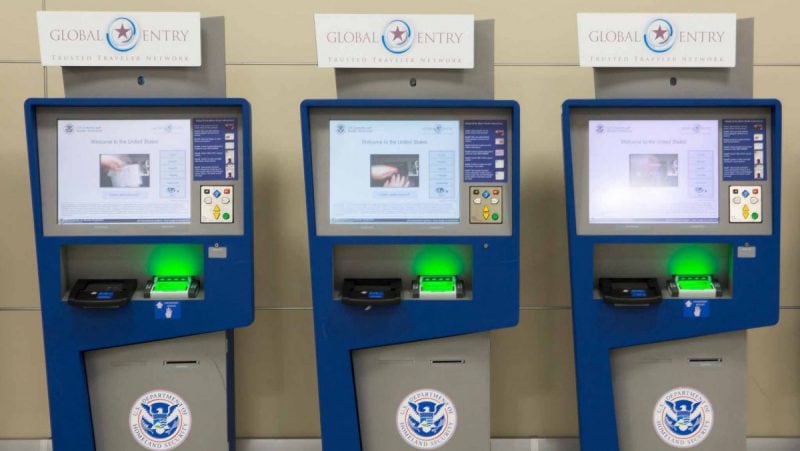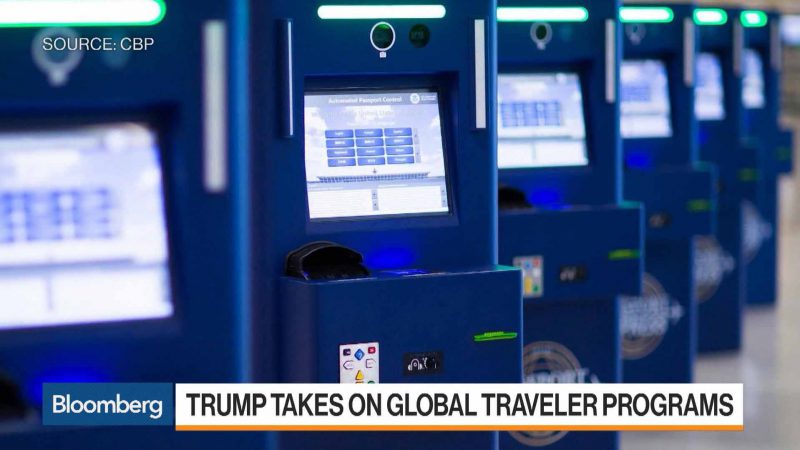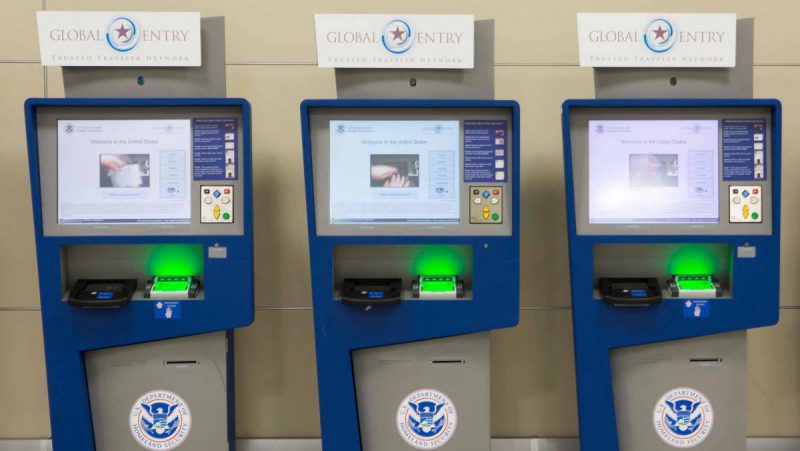New York State to Take on Trump Administration over Global Entry
As Trump administration halts Trusted Traveler processing, New York lawmakers sue for “capricious violations”
February 10, 2020

The Trump administration has effectively blocked some 175,000 New York residents from either obtaining or renewing their Global Entry privileges. The move comes in response to the state of New York passage of the “green-light” law, now in effect, that allows undocumented immigrants to obtain driver’s licenses.
The decision by the Department of Homeland Security (DHS) slows if not halts New Yorkers who use such Trusted Traveler programs as Global Entry by cutting off renewals by the end of 2020 and interrupting some 50,000 New Yorkers in the midst of the application process.
New rulings move beyond airports to land borders and those New Yorkers using FAST, NEXUS and SENTRI programs, affecting commercial trucking operations between New York state and Canada.
But New Yorkers are not going down without a fight. New York state officials have announced plans to sue the Trump administration, arguing that the federal government’s actions have been arbitrary and whimsical, did not provide state residents equal protection under the law, and have violated the state’s sovereign immunity.
“We’re going to disclose this political intrusion into government, this ham-handed political tactic, that once again hurts New Yorkers to make their political point,” Gov. Andrew M. Cuomo, a Democrat, told reporters at a news conference in Manhattan on Friday.
The New York Civil Liberties Union said on Friday that it would file a separate lawsuit against the Department of Homeland Security, and that it had been working in conjunction with the attorney general’s office.
Fifteen states and the District of Columbia have passed what are now being tabbed as “green-light” laws, according to the National Conference of State Legislatures. While they include mostly strongly Democratic states like Washington and California, they also include conservative mainstays like Utah.
This is not the first time the current government has interrupted the streamlined immigration program for travelers in the past many months. Last summer Global Entry processing operations at many DHS locations and airports near the Mexican border were halted due to a supposed border conflict with Mexico that never came to be, but offices were shut and operations halted anyway.
Global Entry launched in 2008 as a way of speeding up painfully long inbound immigration lines at U.S. airports by vetting and fingerprinting frequent travelers and providing them with kiosks for re-entering the U.S. without having to talk to a customs agent – a convenience that cuts the re-entry process to a few minutes. The program costs $100 for five years now and members must reapply at the end of their term. According to commissioners at the DHS, on an average day, 10 percent of international air travelers use Global Entry kiosks to streamline their arrivals process, reducing wait times and increasing efficiency.
What the inbound privilege has to do with allowing undocumented residents to get drivers licenses is still a mystery. But supporters of the new green-light law believe it will serve as protection against having personal information, including photos, flow into the hands of federal immigration officials. New Jersey passed a similar law limiting federal authorities’ access to Department of Motor Vehicles data, according to the New York Times. But that law does not go into effect for another year.





